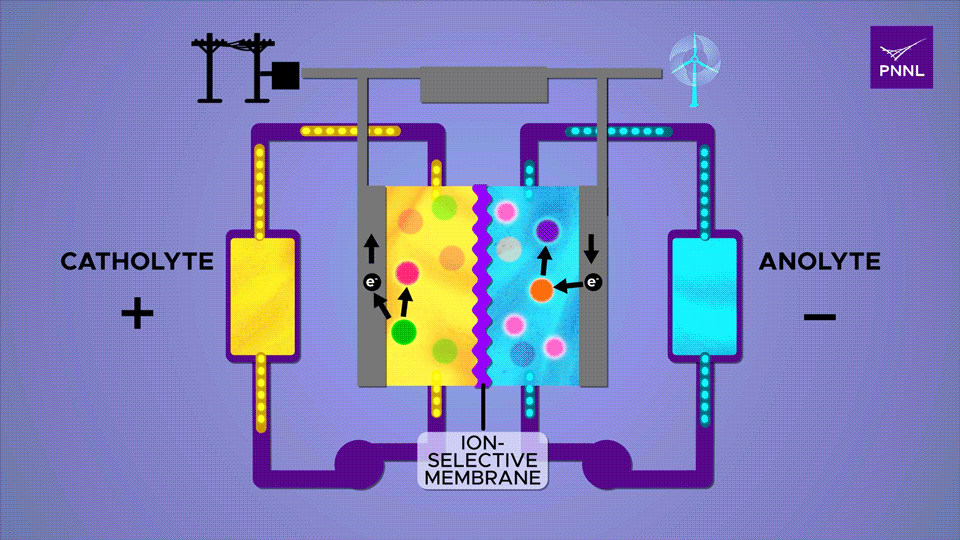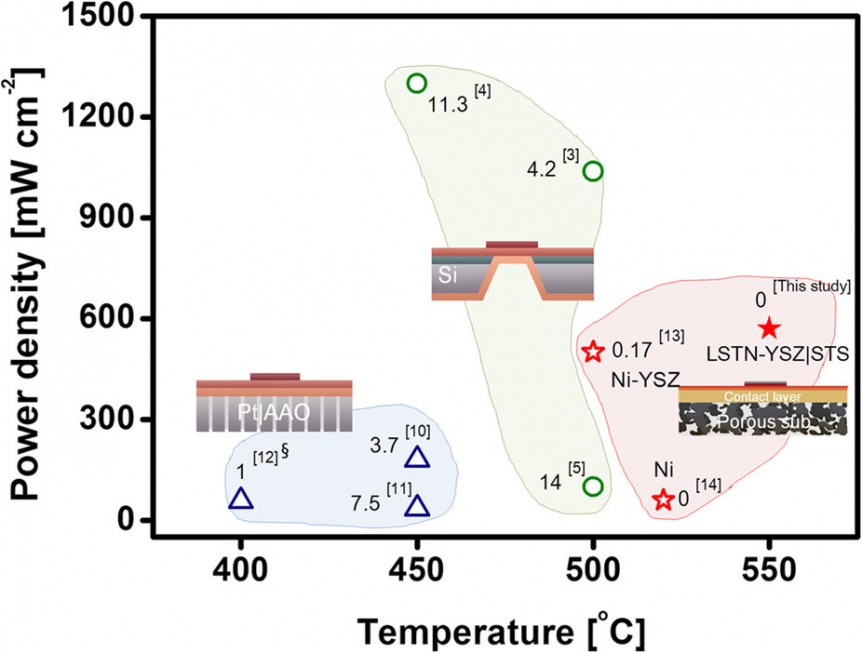Two groups of researchers in South Korea and America have added silicon and sugar as ways of gaining more energy from two different types of batteries. The 10X Battery at Last? Researchers at Pohang University of Science & Technology (POSTECH) in South Korea have developed a “layering-charged, polymer-based stable high-capacity anode material.” POSTECH professors Soojin Park (Department of Chemistry) and Youn Soo Kim (Department of Materials Science and Engineering) and Professor Jaegeon Ryu (Department of Chemical and Biomolecular Engineering) of Sogang University think their discovery could increase current electric vehicle range “at least 10-fold.” As noted in this blog many times, the idea of a 10X battery has been a matter of intense research from Yi Cui at Stanford and his research partner Jaephil Cho in South Korea, along with John Goodenough at Rice University and Jeff Dahn at Canada’s Dalhousie University – among others. Silicon and Polymeric Benders One of the bigger problems with using silicon in a battery …
Fuel Cells for Drones: Going for Endurance
Several fuel cell developments show there are lots of options for burning hydrogen, if we can only make and distribute it in great enough quantities. Most noteworthy, fuel cells could provide increased endurance and range compared to batteries. Professor Gyeong Man Choi and his Ph.D. student Jun Joong Kim, working at the Pohang University of Science & Technology (POSTECH) in South Korea, have developed a miniaturized solid oxide fuel cell (SOFC) that can fly a drone for more than an hour. On the consumer front, their fuel cell would allow cell phones to be charged just once a week. The professor and his students created the fuel cell to directly replace the batteries normally found in cell phones, laptop computers, and drones. Their third generation SOFC “has been highly evaluated” because it is not restricted to smaller forms, but could be scaled to larger capacities “that can be used for a vehicle.” The fuel cell has a simple structure and …


